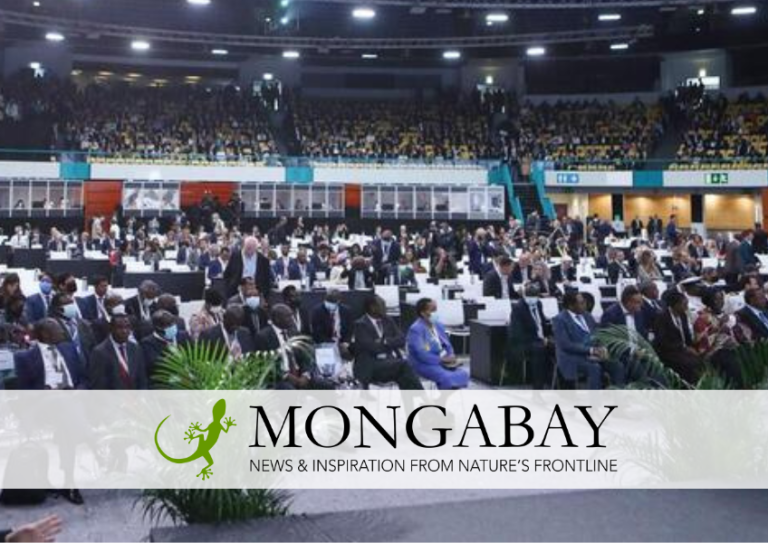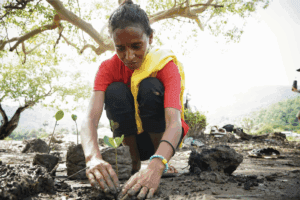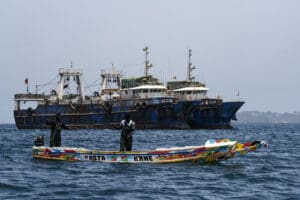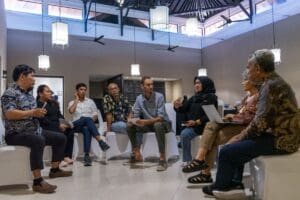Mongabay reports on the outcomes of the UN Ocean Conference in Lisbon at the end of June 2022:
“At side events taking place during the UNOC, coalitions of small-scale fishers and Indigenous people voiced their concerns that their groups were being excluded from important discussions and negotiations.
“They don’t have any access, not even language access to the plenary sessions,” Vivienne Solís Rivera, a representative of Costa Rica-based human rights and conservation organization CoopeSoliDar, told Mongabay in Lisbon. “So how are we going to have a dialogue if you don’t even communicate with the other side? I think there’s a big responsibility for … leaders to be able to open a true and transparent dialogue with the communities that own those resources that we want to conserve.”
Felicito Nuñez, of the Garifuna Indigenous people in Honduras, said Indigenous peoples are the ones who have the knowledge about how to conserve natural resources, but no one is consulting them about the management of the natural places his people have inhabited for years.
Conservation efforts “won’t work without the people who know,” Nuñez told Mongabay. “Academic teaching you can get anywhere, but the connection with nature, you’ll find it with a native people.
“They cannot make decisions for us,” he added. “They should come and sit with us … we are the ones who live close to the ocean, so I think they have to come to us before any decisions [are made].”




















